If there’s one thing Michigan summers guarantee it’s mosquitoes. Warm evenings by the fire pit or patio can turn into itchy disasters fast if you don’t have a plan. But here’s the good news, your landscaping choices can actually help keep mosquitoes at bay without reaching for chemical sprays every five minutes. Here’s a list of plants and trees that naturally deter mosquitoes in Michigan’s climate and how to use them smartly around your backyard space.
1. Lavender (Lavandula angustifolia)
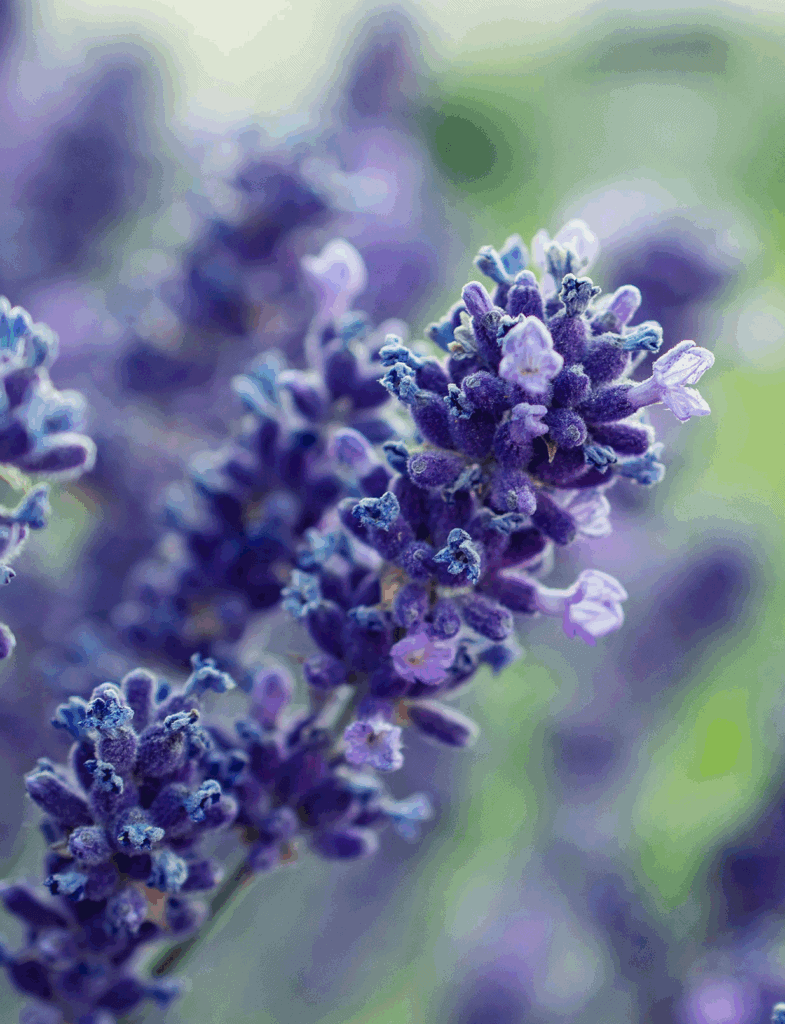
Lavender isn’t just pretty it’s one of the best mosquito repellents you can plant. Its strong floral scent, produced by natural oils, confuses mosquitoes and keeps them away. In Michigan,
English Lavender varieties survive best because they tolerate cold winters when planted in well-draining soil.
Smart tip: Plant lavender along seating areas or walkway edges where the scent gets stirred up as you move past.
2. Catmint (Nepeta)
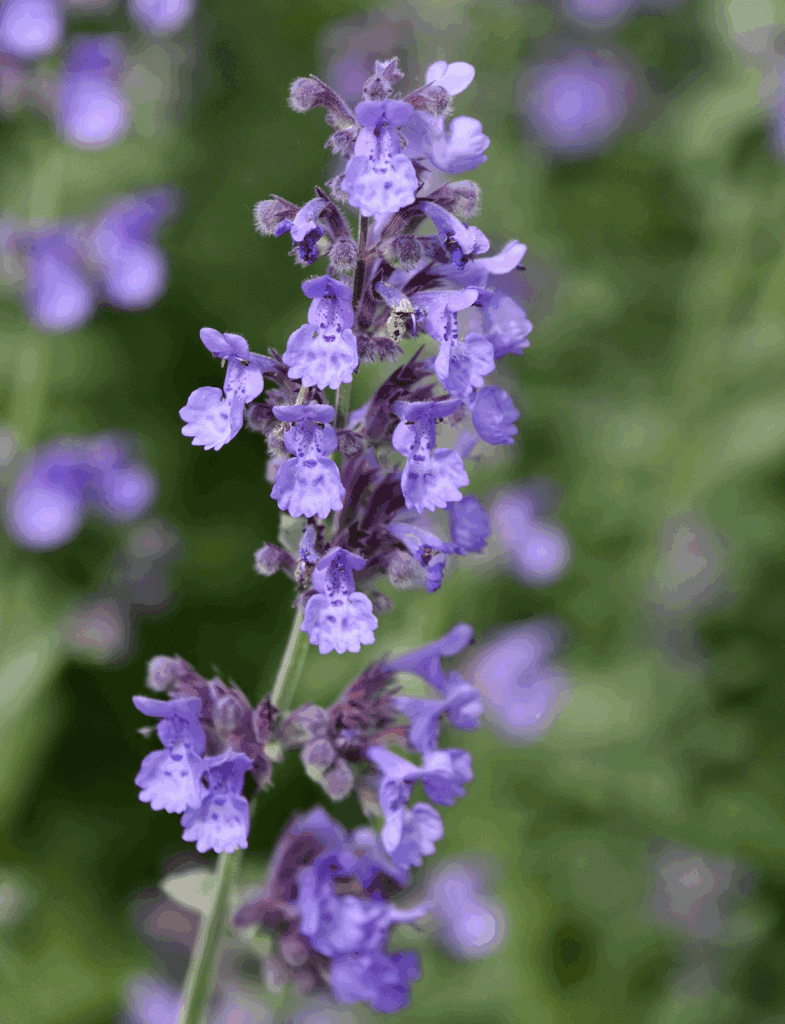
No, it’s not just for cats! Catmint gives off a strong smell that repels mosquitoes and other flying insects. It’s also extremely low-maintenance, drought-tolerant, and thrives in Michigan’s fluctuating summers. Plus, it blooms long into fall, giving you extended protection.
Pro move: Border patios or decks with catmint because it creates a soft, relaxed look while doing real pest control work.
3. Bee Balm (Monarda)
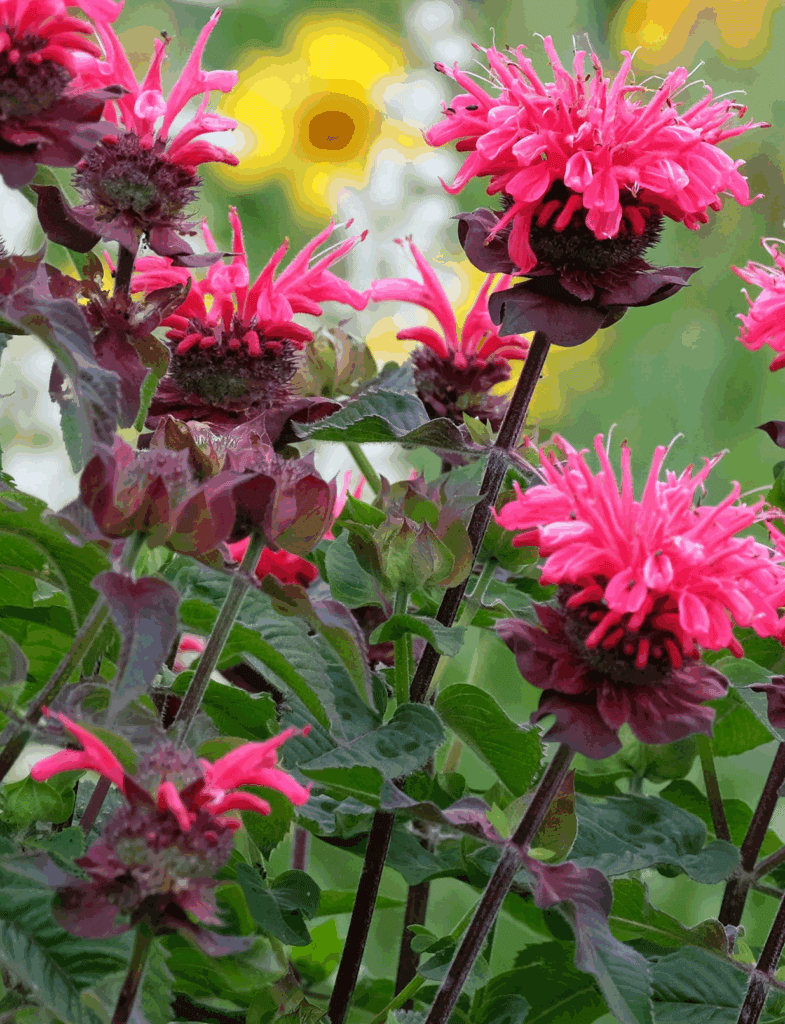
Bee balm’s bright flowers attract pollinators like bees and butterflies, but its spicy scent deters mosquitoes. Native to Michigan, it’s a hardy choice for gardeners who want mosquito control without sacrificing color and wildlife benefits.
Bonus: Bee balm handles Michigan humidity well, especially in areas with morning sun and afternoon shade.
4. Lemon Balm (Melissa officinalis)

Another member of the mint family, lemon balm smells like… you guessed it, fresh lemons. Mosquitoes hate the citrusy scent. It grows quickly and can spread aggressively, so plant it in containers or confined beds if you want control.
Best spot: Use lemon balm in pots around patios, outdoor dining areas, and pool decks.
5. Marigolds (Tagetes)
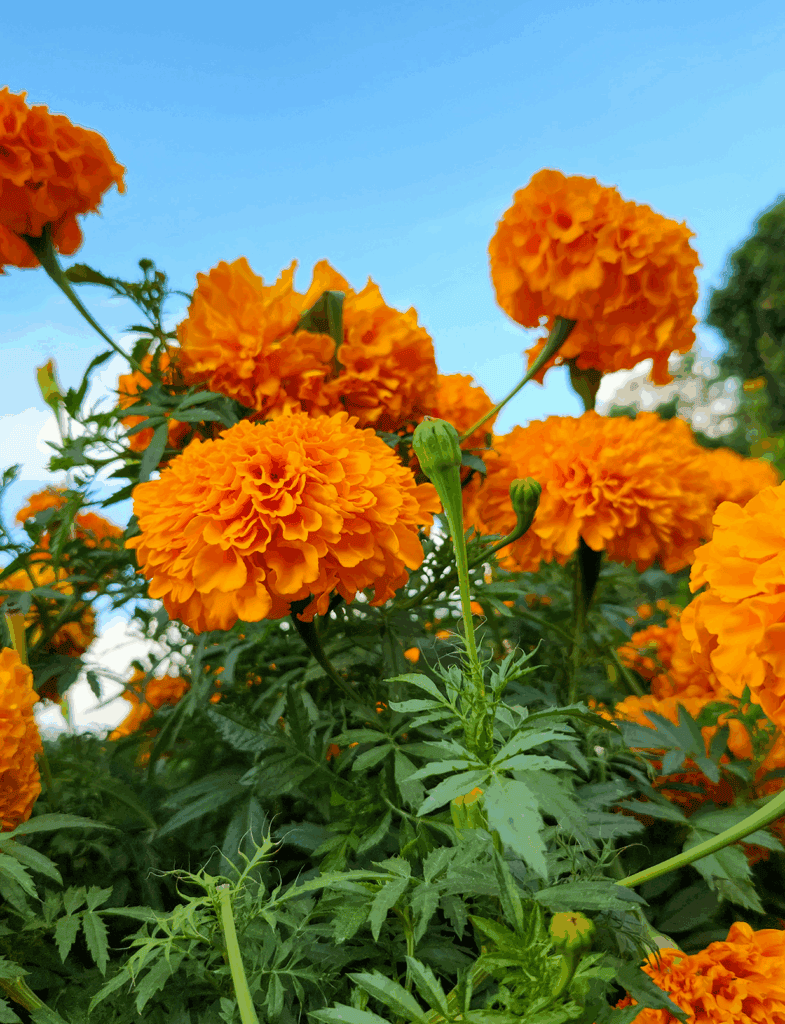
Marigolds aren’t just good-looking; they naturally release a chemical called pyrethrin, which is used in many natural insect repellents. They’re annuals, but easy to grow from seed or starter plants in Michigan’s growing season.
Pro tip: Set marigold pots near doors, gates, and outdoor kitchens to create a colorful and functional “keep-out” zone.
6. Cedar Trees (Eastern Red Cedar)
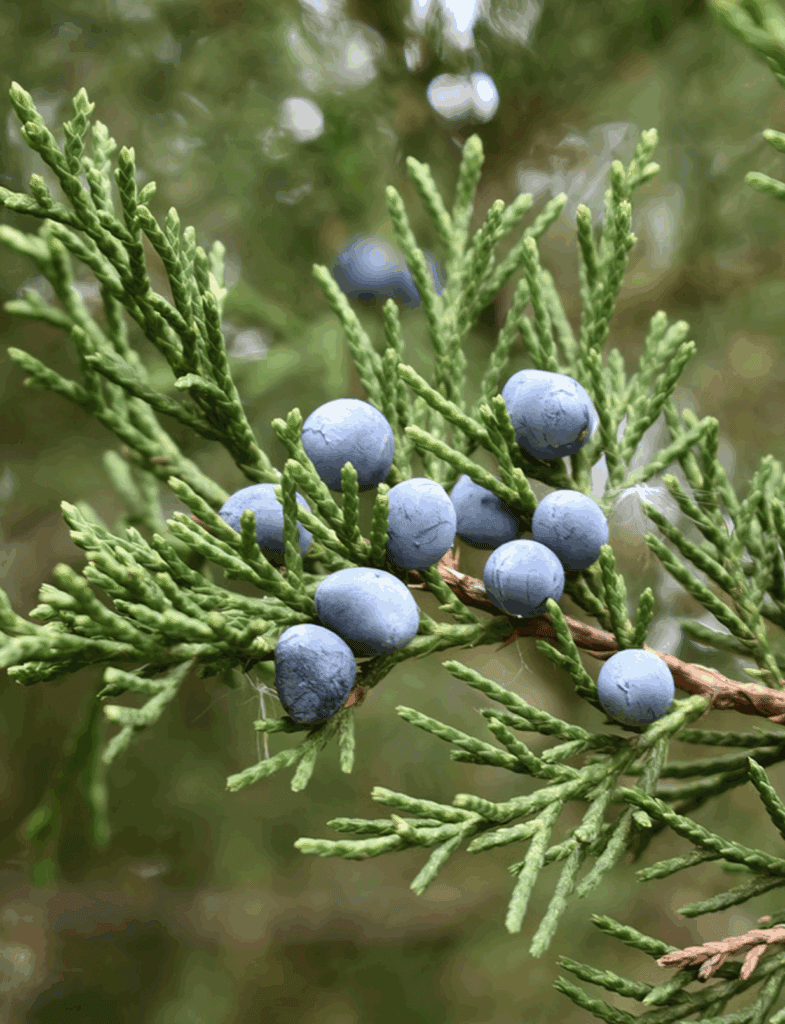
If you want to take the long view, planting Eastern Red Cedars can help naturally deter mosquitoes over time. The wood and oils of cedar trees are mosquito-repellent, and having them in your landscape adds height, privacy, and year-round structure.
Smart placement: Use cedars as natural barriers around property edges or to create a windbreak near outdoor spaces.
7. Rosemary (Rosmarinus officinalis)
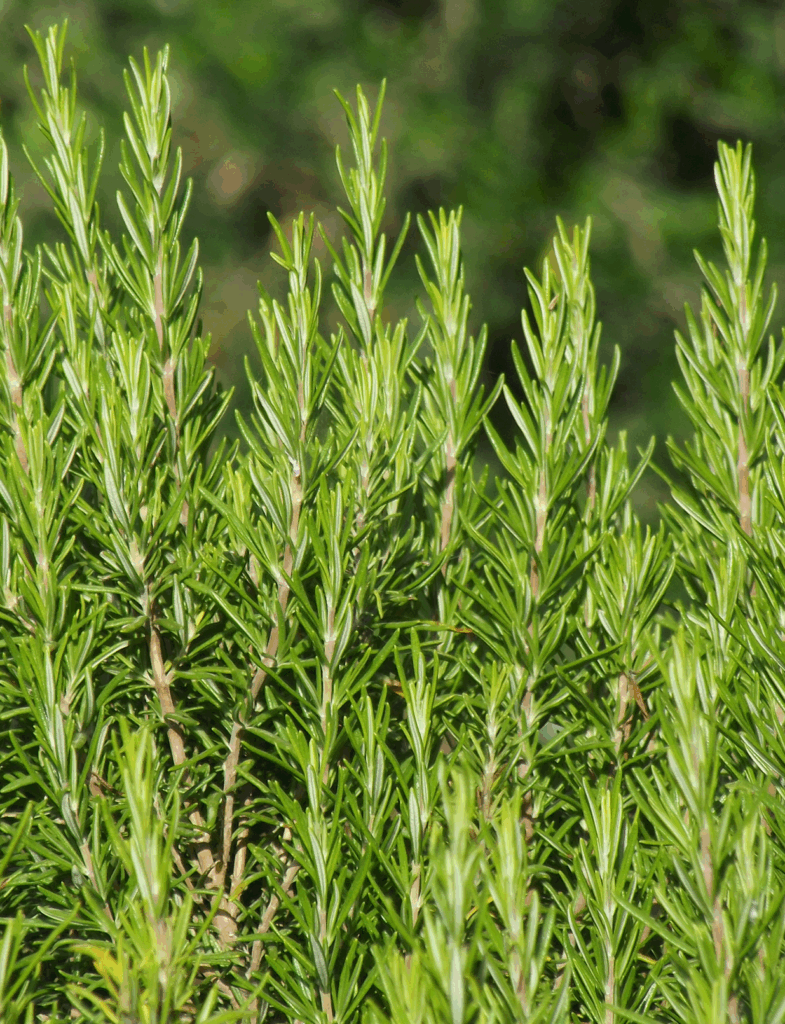
Although not winter-hardy in Michigan soil, rosemary thrives in pots during warm months and can be overwintered indoors. Its strong herbal scent confuses mosquito receptors.
Quick move: Set rosemary pots on patio tables, grill stations, or near seating areas — anywhere you want an extra layer of protection.
It’s About Layers, Not Just Plants
One plant here or there won’t magically erase mosquitoes. Think about building layers of scent and protection:
- Surround patios with low-growing repellent plants like lavender, catmint, and marigolds.
- Back them up with structural repellents like cedar trees and raised pots of lemon balm or rosemary.
- Focus especially on entry points: pathways, patios, doorways.
And don’t forget basic mosquito-fighting moves:
- Remove standing water (gutters, pots, toys)
- Aerate lawns and garden beds to prevent puddles after rain
- Add a small fan on patios (mosquitoes are weak flyers)
Your Next Step Toward a Bite-Free Backyard:
Good landscaping doesn’t just look great it works for you. By using plants and trees that naturally deter mosquitoes, you can enjoy more of Michigan’s best summer evenings without constant swatting or chemical sprays. With a little planning, your backyard can be a beautiful and bite-free retreat.Looking for help designing a smarter, mosquito-resistant outdoor space? At HMK Landscaping, we know what works here in Michigan. Explore our blog for more smart ideas or reach out when you’re ready to rethink your outdoor living.
